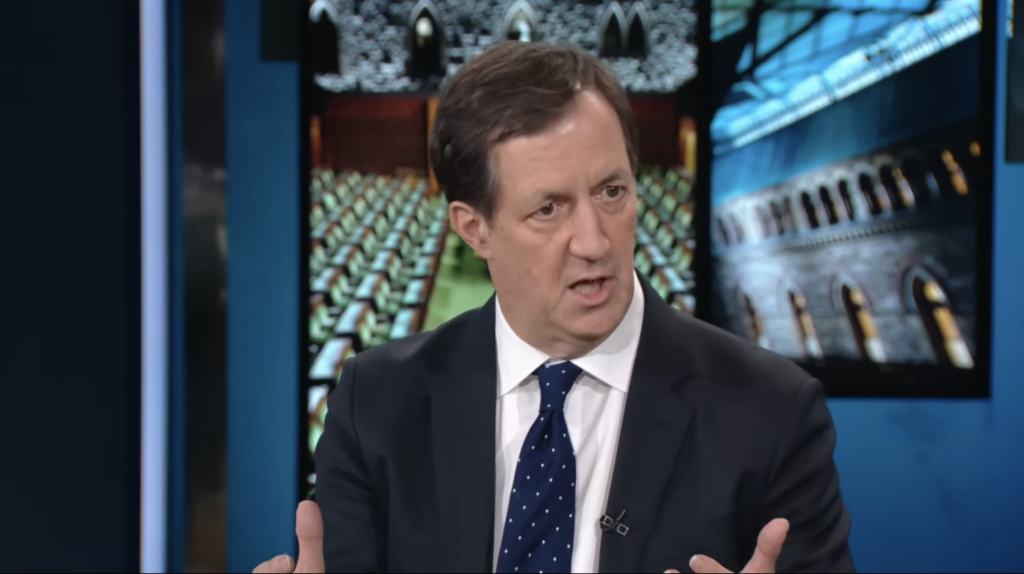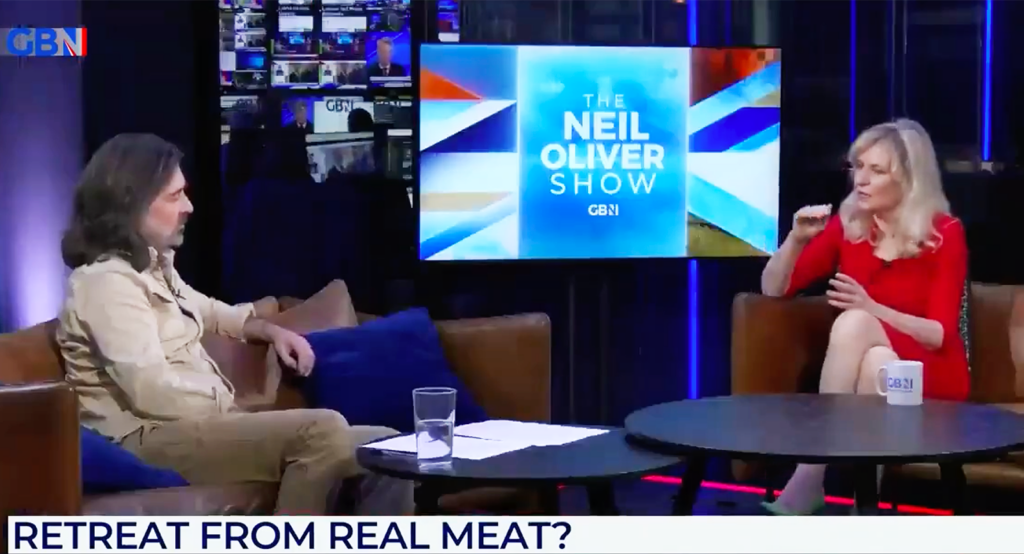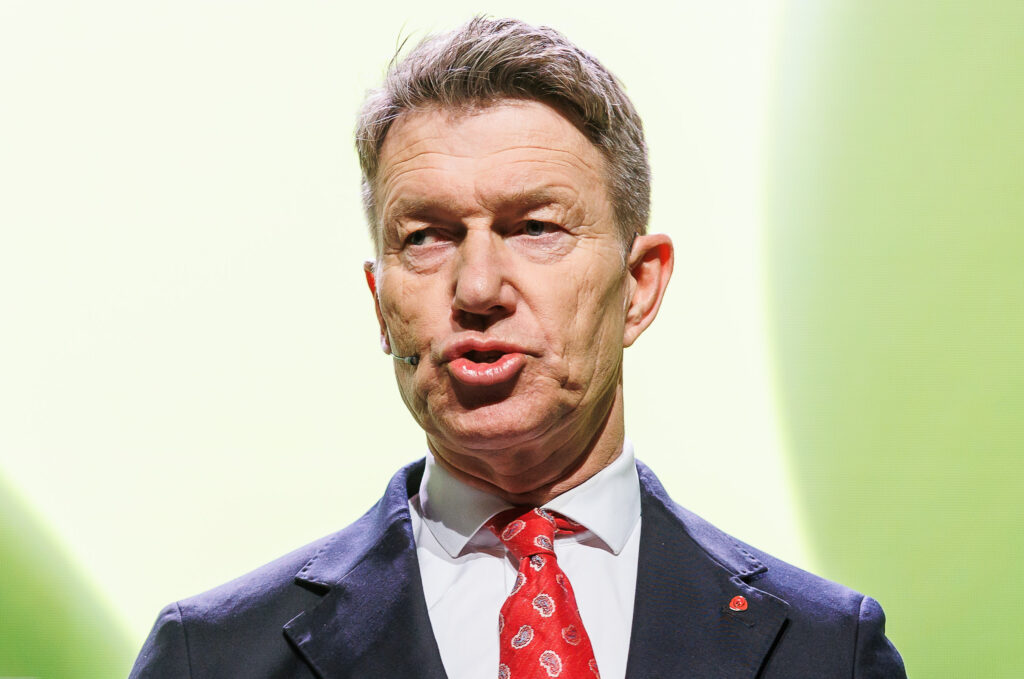The journal Nature, unquestionably one of the most credible sources in science today, weighed in yesterday with an editorial on the hacked email controversy. It’s conclusion:
“In the end, what the UEA (University of East Anglia) e-mails really show is that scientists are human beings — and that unrelenting opposition to their work can goad them to the limits of tolerance, and tempt them to act in ways that undermine scientific values. Yet it is precisely in such circumstances that researchers should strive to act and communicate professionally, and make their data and methods available to others, lest they provide their worst critics with ammunition. After all, the pressures the UEA e-mailers experienced may be nothing compared with what will emerge as the United States debates a climate bill next year, and denialists use every means at their disposal to undermine trust in scientists and science.”
Subscribe to our newsletter
Stay up to date with DeSmog news and alerts






